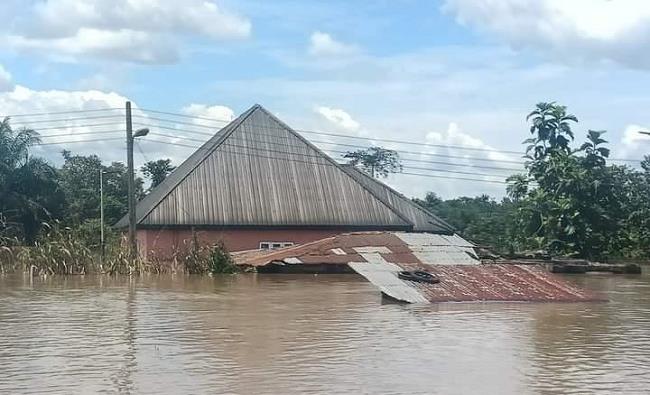Following the recent weather forecast for 2023 released by Nigeria Meteorological Agency (NiMet), the Corporate Accountability and Public Participation Africa (CAPPA) has called on relevant agencies of government at the national and state levels to invest in prevention and necessary infrastructure needed to address the root causes of flooding and the plight victims face.

The NIMET forecasts warned of massive variation in the onset of rainfall in most parts of the country and that, as early as March, the coastal zone of the South-South states of Bayelsa, Rivers, and Akwa Ibom would observe unpleasant rainfall changes.
Central states are likely to wait till May while Katsina, Zamfara, Kano, Jigawa, Yobe, Cross River, Ebonyi, Imo, and Rivers will experience delayed onset of rainfall.
For Sokoto, Kebbi, Zamfara, Kano, Katsina, Jigawa, Yobe and Borno, the rains will not begin until June and July. Only Adamawa, Bauchi, Gombe, Kwara Gombe, Kwara, Oyo, Ogun, and Lagos will be near normal but with a worrisome quantity.
NiMet added that the noticeable increase in climate change and human-triggered activities including indiscriminate dumping of wastes will cause more floods in 2023 and that the waters will come in high intensity within a short duration.
CAPPA opined that the 2022 floods which ravaged most states of the federation as well as the attendant loss of lives and the economic toll put at over N4 trillion was an avoidable tragedy that must not happen again.
In a statement issued in Lagos, CAPPA said that the flood resulted in displacement, hunger, and scarcity hence the need for all hands to be on deck, especially the federal and state intervention agencies like the National Emergency Management Agency (NEMA) and their state-level counterparts to work seamlessly in addressing conflicts of the past.
CAPPA Executive Director, Akinbode Oluwafemi, said: “We must commend NIMet for the timely warning which should enable federal and state level planning to begin. We are however worried that nothing seems to have changed since the 2022 flood at federal and state levels.
“The lackadaisical attitudes that led to the loss of lives and property are still with us even though the 2022 floods affected about 20 states, killed about 603 people, and rendered more than 1.3 million homeless while over 108,393 hectares of farmlands were destroyed with attendant effects on food security, the economy, health, security, and the environment and that affected Nigerians are still battling with.”
To forestall any repeat, CAPPA called on Federal and sub-national Governments to respond to the early warning systems with synergy. In like manner, funds should be voted for the construction of buffer dams to accommodate excess water runoff upstream, particularly from the Lagdo Dam in Cameroon.
Secondly, CAPPA urged NEMA to leverage the precision of the geographical information systems and other meteorological data in its quest to reduce human exposure to flood risk and for emergency evacuation.
“There is a need for the government to dredge major rivers to accommodate high volumes of water and to promote inland waterways.
“Nigerians must not be allowed to suffer needlessly. Now is the time for intervention ahead of the rains and the flooding that will follow. Delay is not only dangerous, but it is also costly,” the CAPPA statement said.
